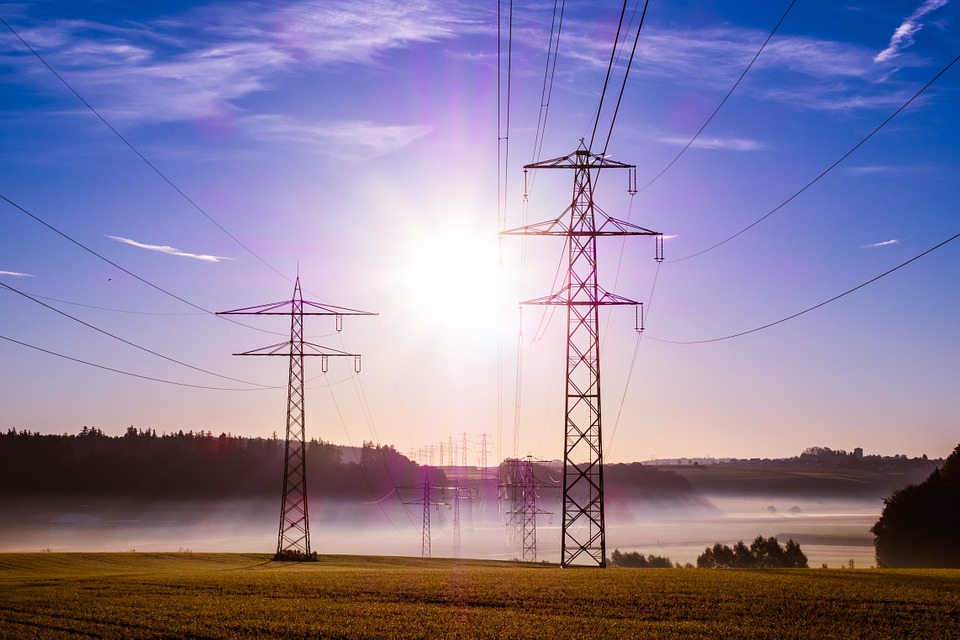You must have got your new energy bill estimates for this year, showing you that your estimates will be much higher to your dismay. But it has been reported that these energy bill estimates were calculated using numbers and statistics of energy consumption from 2017, and not 2018.
It was initially announced by the national statistics agency CBS that the average household energy bill would go up by €334 this year, where it is the double of the previous estimate of €150. The estimates used to calculate this hike in price undervalued how much gas and electricity an average household would actually use, and how this would affect families.
Why was there a hike in the first place?
This stark hike in the estimates was done mainly to discourage households to use too much energy as a way to combat climate change. The estimate hike of €334 makes it a rise of around 18% or €28 a month, making it nearly half of the energy bills only in the taxes. This is part of the government strategy to reduce the use of energy in every household.
However, the Dutch environmental assessment agency staff and the CBS use different criteria to assess what is an average household. This hike in price for gas and electricity is mainly due three reasons: the taxation imposed on CO2 emissions, the cutting down of gas extraction in Groningen, and a €50 increase in the sustainable energy subsidies to be paid.
With the cost of living already so high in the Netherlands, this hike in energy bills was not well received by anyone living here. Check out our articles on how the taxes are paid, the average costs of renting, and the general cost of living here in the Netherlands.
Do you agree with the taxation imposed on your bills to encourage the reduction of net usage of energy in your homes? Do you think it is necessary? Let us know in the comments!




What the hell?! This article is horrible. This is not how you write a news piece. Full of unconnected sentences, unexplained acronyms. No editorial control it seems. Just awful.